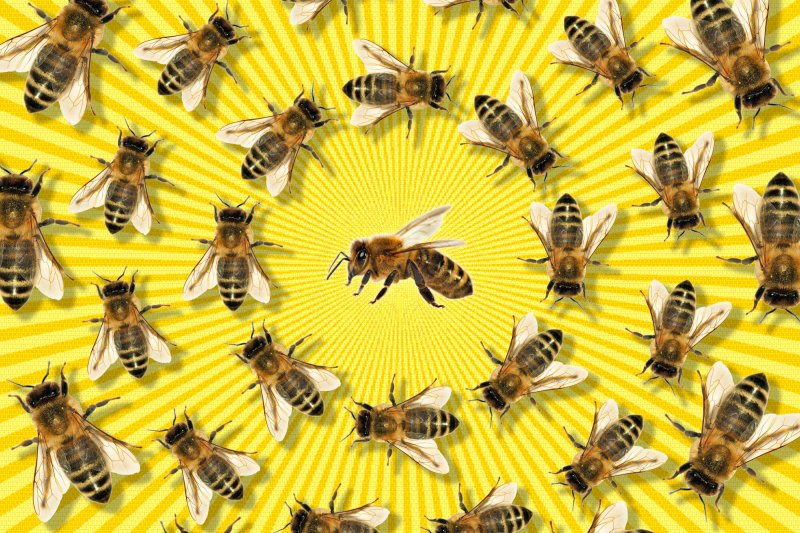We all remember the adage “Save the Bees!” that scientists and beekeepers have promoted. It animated environmental activists for a decade.
As noted by the Washington Post, the supposed drop-off in honeybee colonies had less to do with what farmers were spraying on crops, and more to do with how beekeepers tracked the number of bees they managed. And those numbers have only gone up.
The latest research from an international group of ecologists shows not only that bees have been replicating at higher rates, but the number of global honey bee colonies has risen by 85% since 1961.
…
Why then, after this public shift in the scientific community, is New York aiming to pass a bill that doubles down on the role of pesticides on the Beepocalypse narrative?
In June, the State Senate passed the Birds and Bees Protection Act, to ban the use of neonics on any farmland and to restrict any seeds laced with the chemical. Its companion bill in the Assembly is now in committee and will get a vote soon.
…
Whatever the Assembly decides, we must hold them accountable to the policies they plan to implement, whether that is based on science or the now-debunked Beepocalypse.































